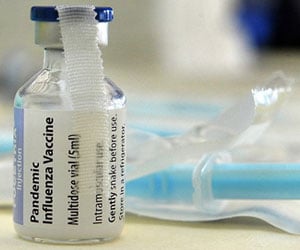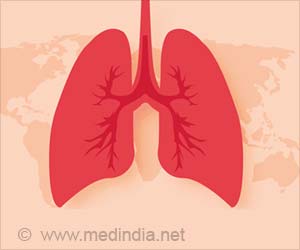
‘Father's early smoking debut and longer smoking duration before conception increased non-allergic early-onset asthma in children.
’
Tweet it Now
"The greatest increased risk for their children having asthma was found for fathers having their smoking debut before age 15. Interestingly, time of quitting before conception was not independently associated with offspring asthma," said Cecilie Svanes, Professor at the University of Bergen, Norway. Concerning mother's smoking, the research found more offspring asthma if the mother smoked around pregnancy, consistent with previous studies.
However, no effect of maternal smoking only prior to conception was identified. The difference from father's smoking suggests effects through male sperm cells.
"Smoking is known to cause genetic and epigenetic damage to spermatozoa, which are transmissible to offspring and have the potential to induce developmental abnormalities," Svanes added.
It is previously known that nutritional, hormonal and psychological environment provided by the mother permanently alters organ structure, cellular response and gene expression in her offspring. Father's lifestyle and age appear, however, to be reflected in molecules that control gene function.
Advertisement
The study showed that paternal welding increased offspring asthma risk even if the welding stopped prior to conception. Smoking and welding independently increased offspring asthma risk, and mutual adjustment did not alter the estimates of either.
Advertisement
Source-IANS












